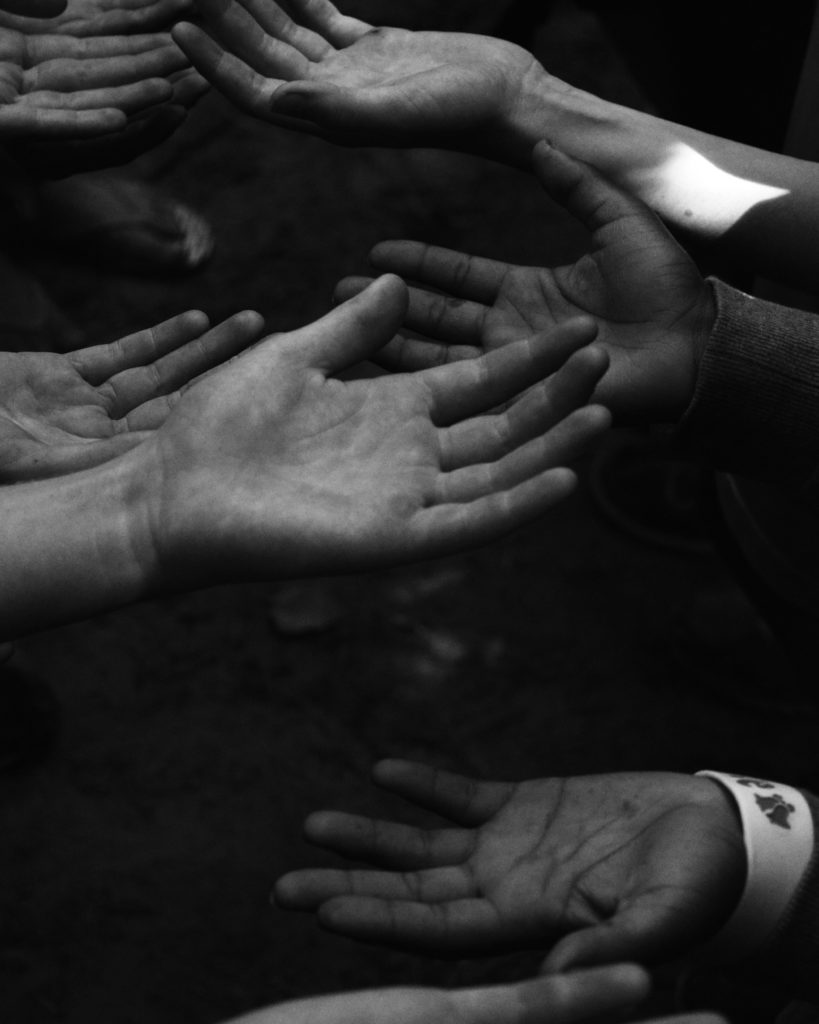
Take a moment and think about what you care about. What do you love? What do you value? Your family. Your neighborhood. Your job or volunteer work. Our environment?
Now imagine that I told you it was in danger. How would you feel? What would you want to do? How would you feel about those who are endangering what you love?”
One part of love is wanting to protect what we love. That is a good thing. We don’t usually get angry about things that we don’t value. The opposite of love is not anger, but indifference.
Now imagine that a company is making money off of our love. They write software that logs what we get angry about. They know that when we get angry we begin to live in a heightened state of energy. We want to do something, say something, react to something. So we stay on our computer or phone longer. They feed us more about what we are angry about. Our anger grows.
The longer we stay on, the more ads we see. The more ads we see, the more money they make. Because they want to make money, they begin to change their software to push more and more messages about how what we love is in danger.
Our anger rises against those who are putting what we love in danger. We begin to think poorly of them, begin to hate them – all without every hearing from them, talking to them, knowing them.
Then we realize this is not just happening to us, but to 2.7 billion people.
There is a reason that all major wisdom traditions stress the importance of not spreading rumors or bearing false witness against neighbors: it can lead to the breakdown of a society.
Facebook, Instagram, Twitter, and Youtube among others, are basically one big, automated false witness machine.
Today, we not only need to love what we love, but to carefully discern who and what we trust so that our love is not weaponized in a way that tears down our society and democracy itself.
In 2020, I was a part of the Facts Over Fear campaign to counter anti-Muslim bigotry. I watched as even really positive messages about American Muslims evoked hate speech and threatening messages. Those who engaged in the hate speech and threats were people just like you and I, whose love for their country or religion had weaponized their love until they can’t recognize other people as human.
The problem is this: given human nature, it is far easier for us to feel anger from a post or a video than it is to feel love, trust and connection.
Actual relationships and conversations, however, can create love, trust and connection. While the pandemic has made this harder, I believe that we can start this work, even if only over Zoom.
While we petition our legislators to create regulation that safeguards our society, we can put down our phones and begin to talk to real neighbors. PTU would be happy to help you make connection to neighbors of diverse wisdom traditions and help people in your community of wisdom to recognize their neighbors as human again.
Conversation and relationship are the greatest powers wisdom communities can engage to bring greater healing and unity to our hurting and fractured communities. In response to the weaponization of love we can unleash the power of the potluck – even if only virtually.
Photo by McKenna Phillips on Unsplash
